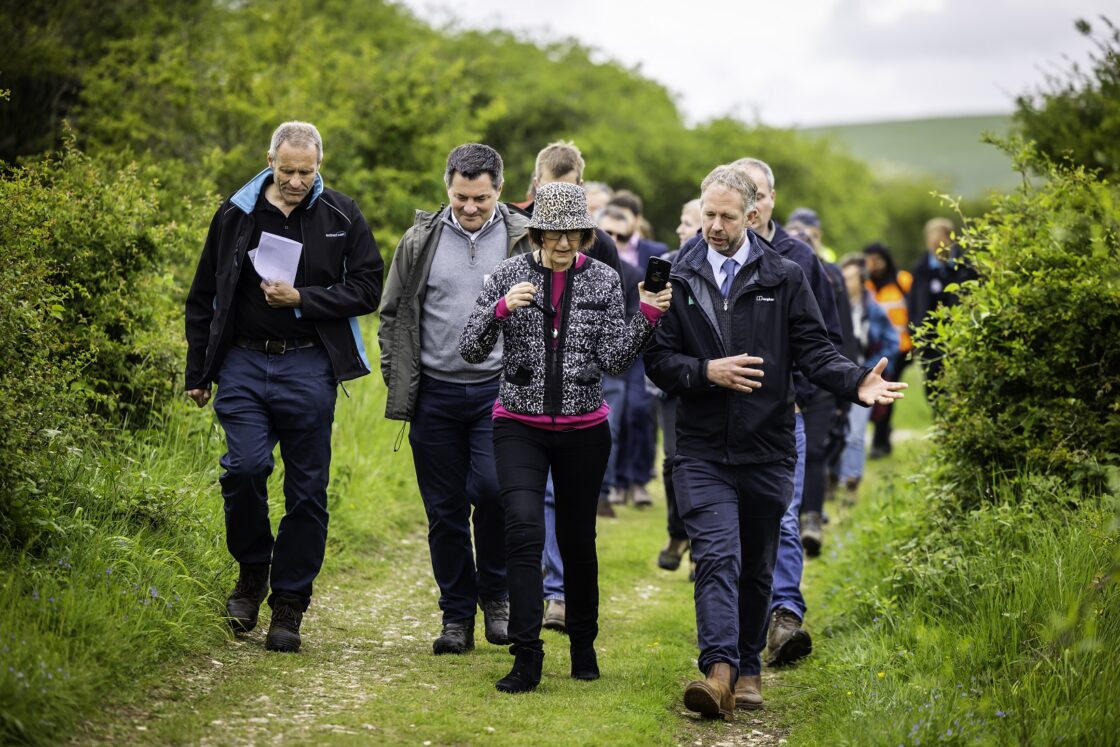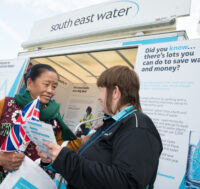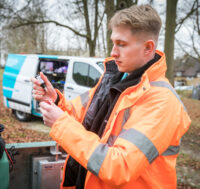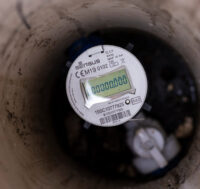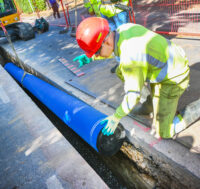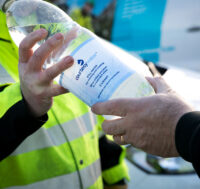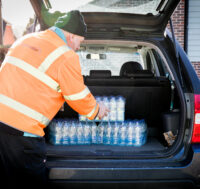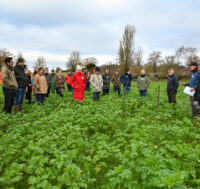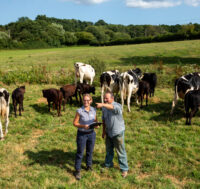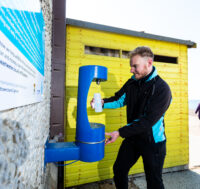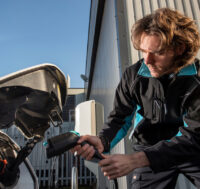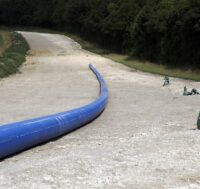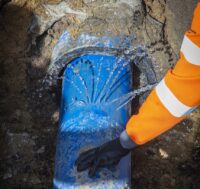On 14 May 2024, we held an event at the Long Man Brewery in Polegate to showcase the steps we’ve taken to protect the environment and precious water resources since launching our 25 Year Environment Plan (H25).
More than 50 of our partners, landowners, local authorities, government bodies and the media were invited to hear more about our industry leading plan, which was created following two years of consultation with more than 200 customers, stakeholders and employees.
H25 focuses on four key areas, which are:
Safe water – futureproofing water for the environment and next-generation
Climate change – building an environment that adapts to a changing climate
Sustainability – protecting and enhancing our natural environment
Partnerships – working collaboratively to keep rivers and underground water sources healthy
Attendees were invited to see our work to enhance The Great Stour in Kent and our smart metering project for farms, which we piloted at Church Farm in Sussex.
During the afternoon, delegates took part in a walking tour of Lullington Heath, which brought to life the case studies discussed during the morning.
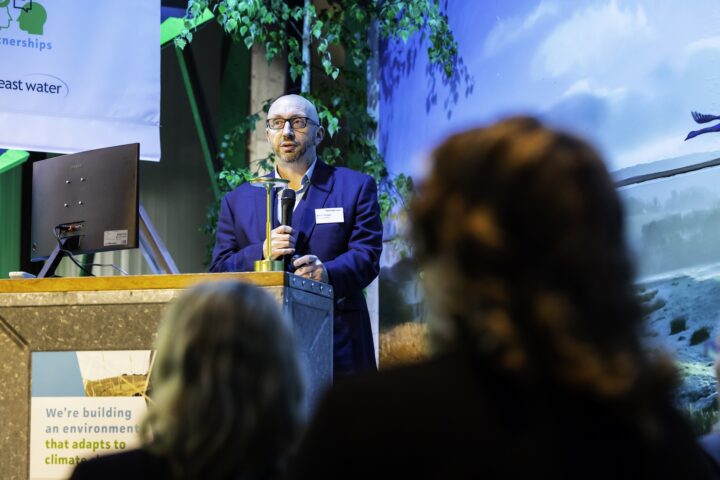
David Hinton, our Chief Executive Officer, said: “This plan recognises that as a business which sources, treats and pumps more than 540 million litres of clean water per day to our 2.3 million customers, we need a long-term plan to ensure sustainability of the environment, both now and for the next generation.”
You can find out more about our 25 Year Environment Plan here.
